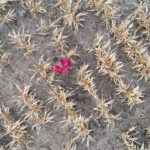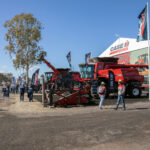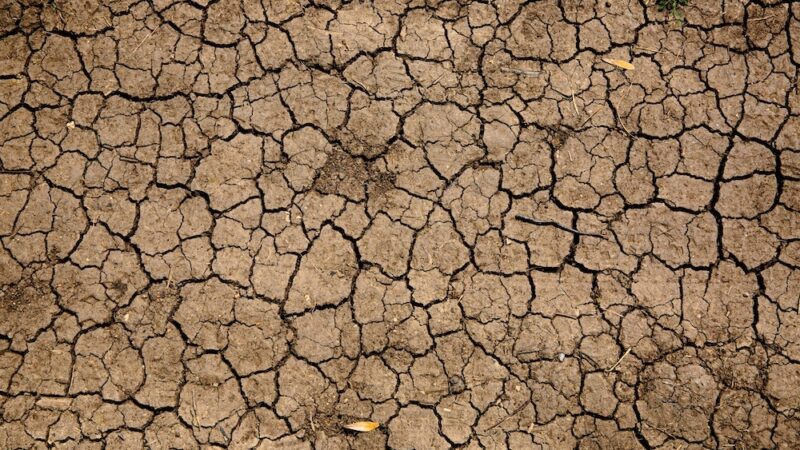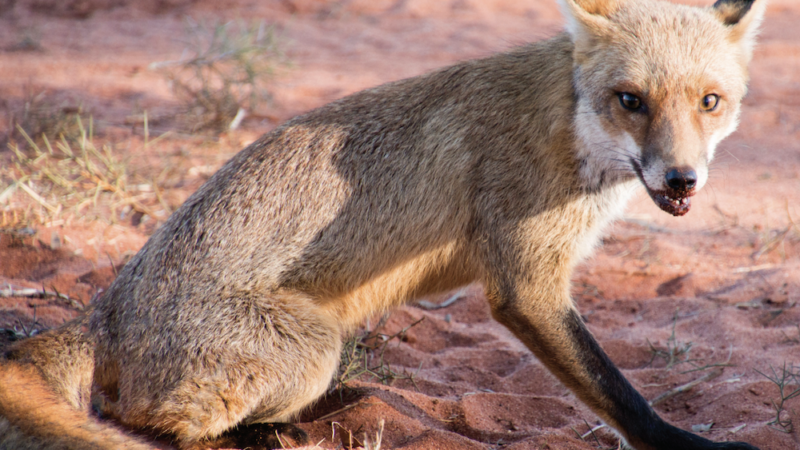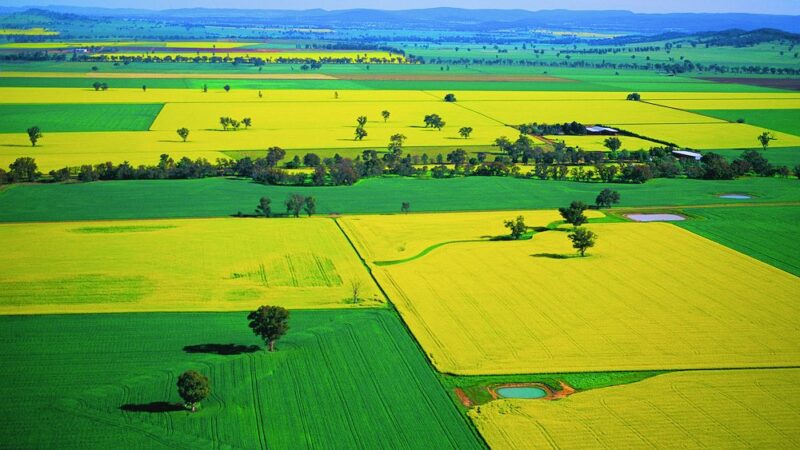The Bureau of Meteorology (BOM) issued an �El Ni�o alert� last week, warning there is…
Farmers prepare as El Ni�o weather shift takes hold
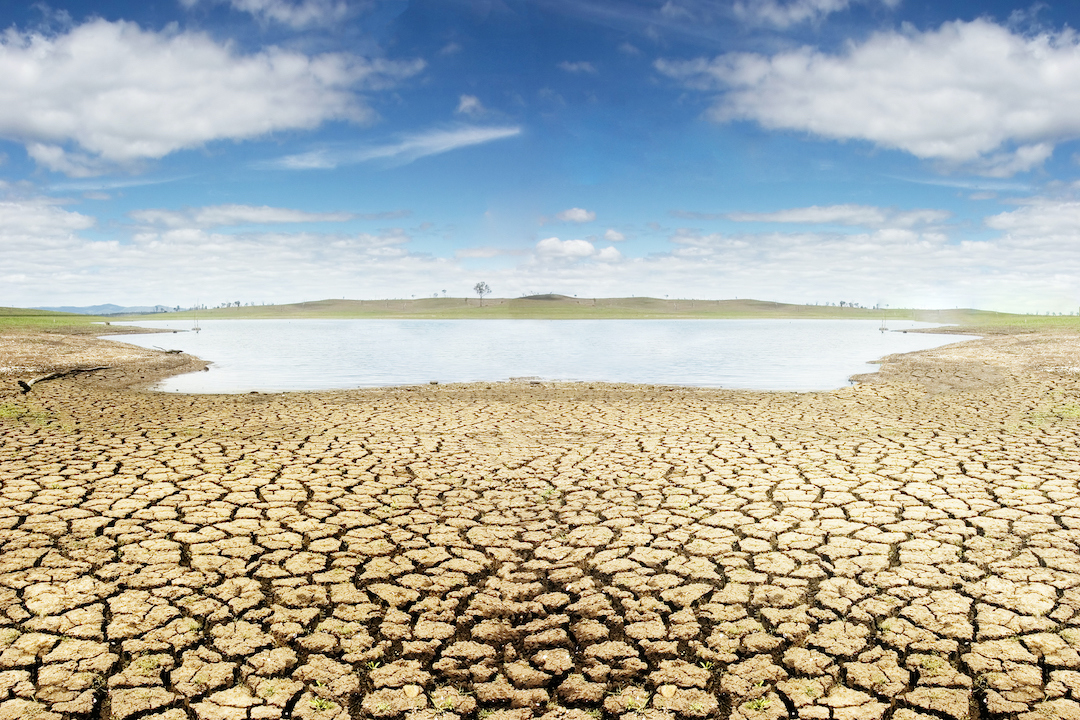
Meteorologists confirm what farmers in many part of NSW have already been enduring � a relentless shift towards hotter and drier conditions.
Moree farmer and NSW Farmers board member Oscar Pearce says there are substantial areas in north-west NSW that haven�t had productive rainfall for long periods. He also says about 50 percent of Moree Shire is drought-affected.
�We had a flood only 12 months ago and, since then, we immediately went into drought preparation mode. We�re at one of the lowest rainfall periods since planting finished and yet, a year ago, this area was under water,� Mr Pearce said.
At the recent National Drought Forum, Federal Agriculture Minister Murray Watt told delegates the government is looking for ideas and feedback following the review of the Future Drought Fund.
Mr Pearce says while there are already several good resources via the NSW Department of Primary Industries (DPI) and Local Land Services (LLS), farmers need to review exactly what resources are available for them.
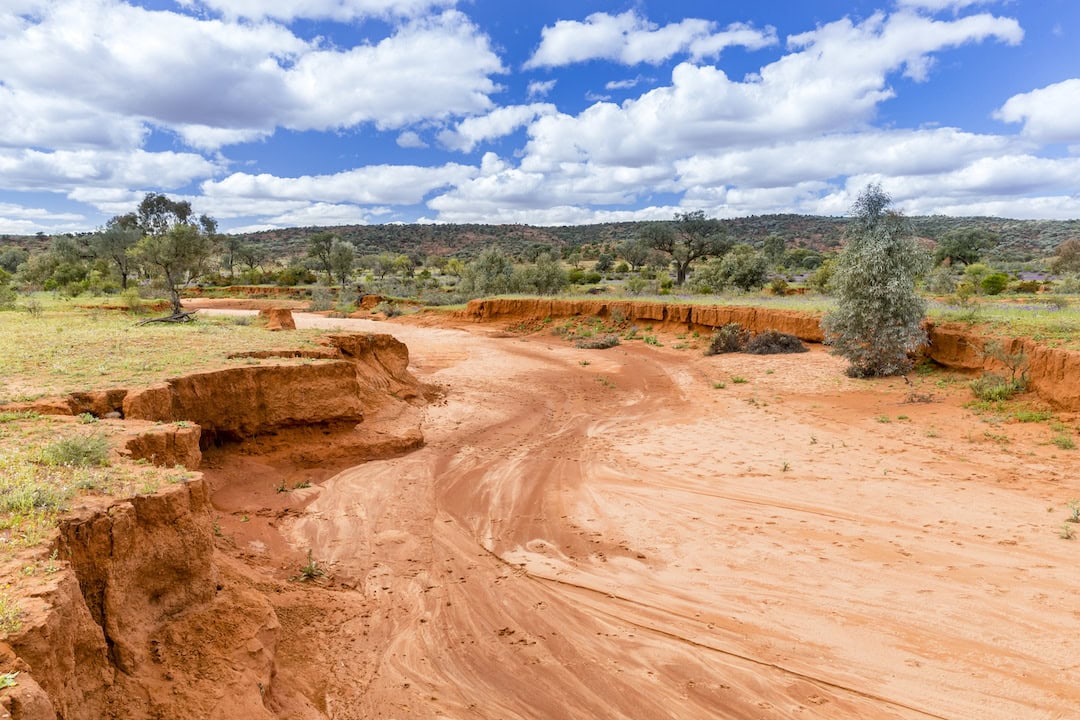
�We�re fortunate to have a federal minister who�s prepared to hear industry and producer views � including questions about funding and service delivery from the federal government � but farmers need to review the resources and look out for any gaps,� Mr Pearce says.
�It�s crucial to come up with the ideas because if we don�t, then the government won�t know exactly what else is needed. So, its up to us as an organisation and for individual farmers to get moving and come up with ideas right now.�
Farmers for Climate Action is calling for immediate measures to combat climate change, as farmers are now grappling with an El Ni�o weather pattern, following three consecutive years of La Ni�a.
The Australian Bureau of Meteorology�s recently confirmation of the onset of the El Ni�o weather pattern spells trouble for the southeastern regions of the country, as it signals a higher likelihood of experiencing warmer and drier conditions, with the added exacerbation of climate change.

Harden farmer Peter Holding, from Farmers for Climate Action, says it�s important to separate the current weather conditions from the long-term trend of global warming.
�I believe we�re going to see a summer like we�ve never seen before; extremely hot and dry. Farmers are good at adapting, but there�s a limit to a lot of things on farms. And, in the direction we�re headed in regards to climate change, there are no limits. Farmers for Climate Action is worried about whether farmers will be able to adapt fast enough to stay in business,� Mr Holding says.
�And if we don�t get action on economy-wide emissions reduction very quickly, then we�ll be in trouble. I think many people are ignoring the science and hoping it�s wrong which is very foolish. It�s a little like the Ukrainian farmers staying on their farms, hoping for the best, even though the Russians are massing on the border.�
As the weather extremes intensify, Mr. Holding is concerned that farmers’ capacity to cope with those conditions will diminish increasingly.
�What many fail to understand is that extreme weather conditions and disasters compound; they go from flood to drought, which draws down their reserves of finance and mental strength. So, it becomes very difficult to continue,� Mr Holding says.
�To make matters worse, there are people in NSW who can�t get insurance for their properties and houses in some areas. This is a huge problem because, when you�ve got debt, you need insurance on your property to cover the debt liability.�
�We hear a lot about agriculture needing to cut emissions � but agriculture is one of the only sectors in Australia that has cut its emissions. What we need is a broad economy-wide cutting of emissions, so the rest of the country is not relying on agriculture.�
To learn more about what to expect as El Ni�o approaches, click here.


